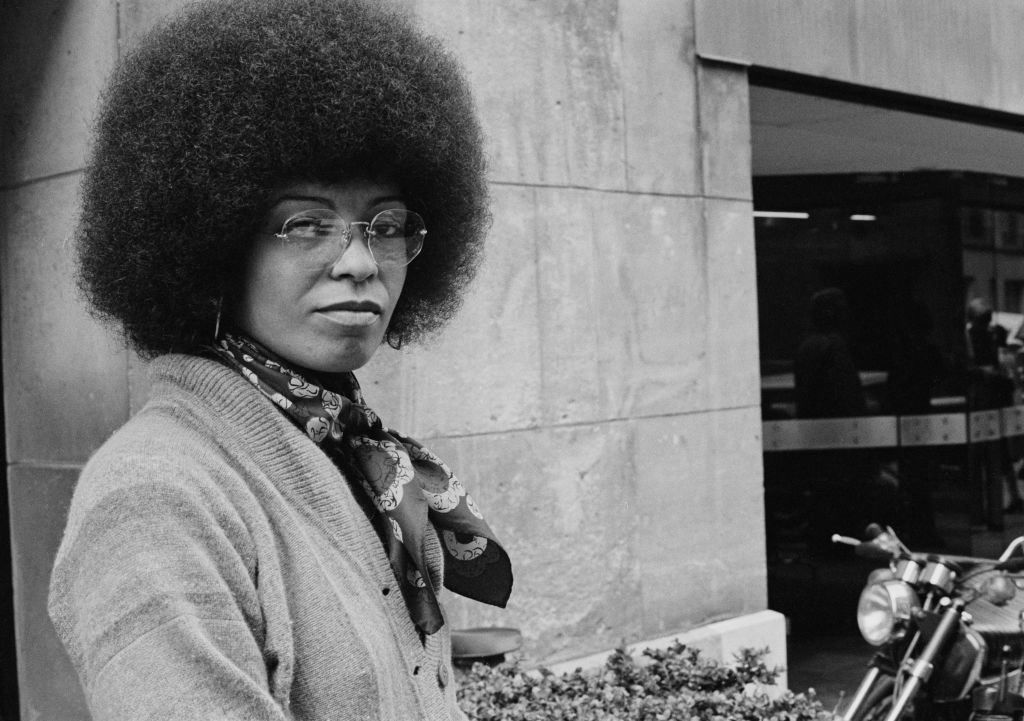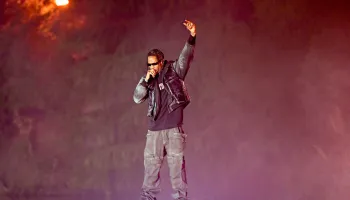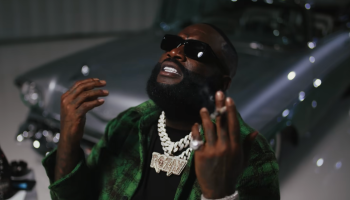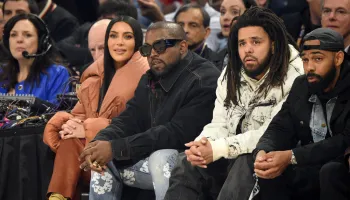
Source: Sophie Bassouls / Getty
With July now in the rearview, many organizations and advocates and activists in the Black community were already preparing to commemorate the history of Black resistance which has come to be known as Black August. It’s a month that matters more than ever as we have borne witness to over a year of sustained protests over the deaths of George Floyd and Breonna Taylor and too many others in the U.S. and across the globe.
And it is vastly different than Black History Month which is observed every February. For those who wonder what Black August is, we hope this explainer gives you more clarity.
Black August began informally in the late 1970’s among prisoners in the California penal system who wanted to honor the legacy of George Jackson and his brother, Jonathan Jackson. George Jackson became involved in the revolutionary struggle while serving time at San Quentin, shaping his ideology towards liberation for all oppressed people and becoming part of the Black Panther party.
After being transferred to Soledad State Prison he wrote letters to his younger brother Jonathan and other members of his family, along with activist Angela Davis, spoke about the ills of the prison system and the systemic racism it thrived on. These would become the basis of the book Soledad Brother: The Prison Letters of George Jackson. In August 1970, Jonathan would be killed along with two prisoners he had broken out of a courtroom in Marin County and the judge he held hostage by police. George Jackson would be killed during an attempt to escape prison on August 21, 1971.
The outrage over these deaths along with others in the Attica rebellion in 1971 led to the first commemoration of Black August in 1979. As recalled by Mama Ayanna Mashama, co-founder of the Black August Organizing Committee (BAOC) and the Bay Area chapter of the Malcolm X Grassroots Movement (MXGM), those observing were guided to read Black revolutionary texts and to refrain from partaking in drugs or alcohol and to fast from sunrise to sunset among other activities. These were inspired by the practices of Muslims in prison observing Ramadan and the teachings of the New Afrikan Independence Movement(NAIM).
The Black August commemorations grew nationwide throughout the 1980’s as it was observed by various social justice groups and activists with guidance from the Black August Organizing Committee and the MXGM. In the late 1990’s, the MXGM worked with exiled political prisoner Nehanda Abiodun to bring further awareness about Black August to Hip-Hop culture which led to benefit concerts held during the month to aid in the legal defense of political prisoners such as Dr. Mutulu Shakur.
The month-long event also serves to educate others through events such as workshops and book clubs (such as that organized by Noname) on the liberation struggles of Black people and those individuals involved throughout history. These include events such as the Haitian Revolution of 1791 and the Ferguson Uprising, and figures such as Assata Shakur and Mumia Abu-Jamal. Black August also serves as a time to honor those key figures in Black history that were born during the month, such as Marcus Garvey and Fred Hampton. In recent years, the month has also seen more organization by groups towards abolishing the police and installing more community-driven initiatives along with dismantling colonialist ideals still present in society.
Ultimately, Black August is a time where the community remembers those who’ve fought to break the chains of systemic racism and oppression and to re-dedicate themselves to organizing towards the total liberation and self-determination of all Black people everywhere.















